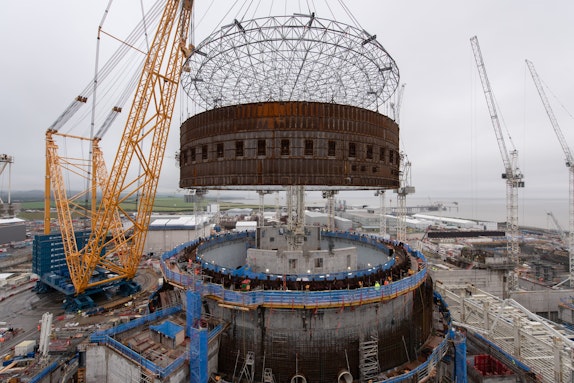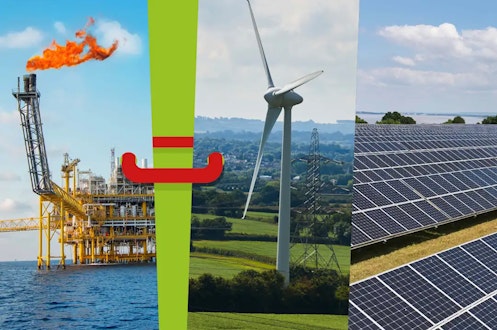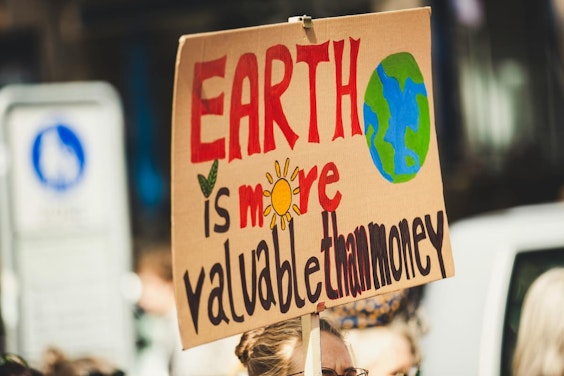If you’re wondering why your energy bills keep going up, even though we’re generating record amounts of electricity from wind and solar, you’re not alone.
Something isn’t adding up: green energy is cheaper and the Labour government promised to bring bills down, so why have they increased three times since the election?
The Tories and Reform claim it’s a problem with net zero, but that’s the opposite of the truth. The problem is that we allow the international market price of fossil gas to set the price of our energy, even when it comes from the wind or sun.
We can fix this by breaking the link between electricity prices and gas prices, and, in doing so, we can create long-term savings, energy independence, and real stability.
The Problem: A Broken System
The UK’s electricity market uses a “pay-as-clear” system. Under this system, electricity is paid for at the price of the most expensive source needed to meet demand at any given time.
Here’s how it works:
All electricity generators bid into the market, offering to supply power at a certain price.
The system accepts the cheapest offers first, moving up the list until enough electricity is secured.
But everyone - even the cheap wind farms - gets paid the same price as the last, most expensive bid used to meet demand.
And in the UK, the most expensive bid is almost always gas.
This meant that, in 2023 and 2024, gas set the price 100% of the time. In 2023 alone, this system added £43 billion to UK energy bills, or about £367 per household.
Why Green Energy Isn't Lowering Bills (Yet)
Renewables are now far cheaper than fossil fuels. Between 2010 and 2023:
Solar is now 56% cheaper than fossil fuel energy. But we’re stuck paying the same inflated prices, thanks to the dominance of gas in setting market prices.
Why This Matters for Government Promises
The current Labour government was elected on a pledge to lower energy bills and make the UK a “Clean Energy Superpower” by 2030. They promised to:
Cut bills by £300 on average
Decarbonise the electricity grid
Deliver real energy security
But unless the market is reformed, even hitting the government’s 95% clean power target won’t be enough because even the 5% of gas on the system will still dictate the overall cost.
If Labour doesn’t fix the market itself, they won’t be able to deliver on their central promise, and the public will rightly ask why.
The Real Solution: Pay-as-Bid Pricing
Instead of sticking with “pay-as-clear” pricing, the UK could adopt a “pay-as-bid” system. Under this model, each electricity generator is paid the amount they actually bid - not the highest price on the market.
This change would:
Break the link between gas prices and all electricity
Reflect the true (cheaper) cost of renewables
Lead to real reductions in energy bills
This is the most direct and fair way to ensure households and businesses benefit from the falling cost of green energy. And, unlike the zonal pricing that the government is proposing, it doesn’t introduce regional inequality or market fragmentation.
What It Would Look Like in Practice
Here’s how a reformed market could work:
Generators and suppliers place bids in an energy auction the day before power is needed.
Prices are matched based on supply and demand, with each generator getting what they bid, not a uniform high price.
Real-time adjustments are made on a separate “spot market” for last-minute changes.
This is not a radical idea - just a fairer one.
The Financial Upside
The potential savings from breaking the link are huge. Here are the numbers on how much it would have, and could still, save us over the years. (For potential savings, our
modelling uses energy prices similar to those experienced in 2022, as well as more normal energy prices to show a range of impacts).
Historical savings
2022-24 savings: £46.6 billion (£33 billion for businesses & £13.6 billion for consumers), £397 per household
2025 savings: £41.6 billion (£29.4 billion for businesses and £12.2 billion for consumers), £356 per household
2030 savings: £86.7 billion (£61.3 billion for businesses and £25.4 billion for consumers), £741 per household.
We simply cannot afford to stick with the old way of doing things.
The Bottom Line: We Need to Break the Link
It’s time to stop charging gas prices for green power. The current system is broken - it punishes consumers, undermines the transition to net zero, and makes us vulnerable to global energy shocks.
We have a choice: keep overpaying for electricity or reform the market and finally let the benefits of cheap, clean British energy flow to our homes and businesses.
If Labour wants to fulfil its promises on bills, on security, and on climate, it must break the link.
Let’s get on with it.




